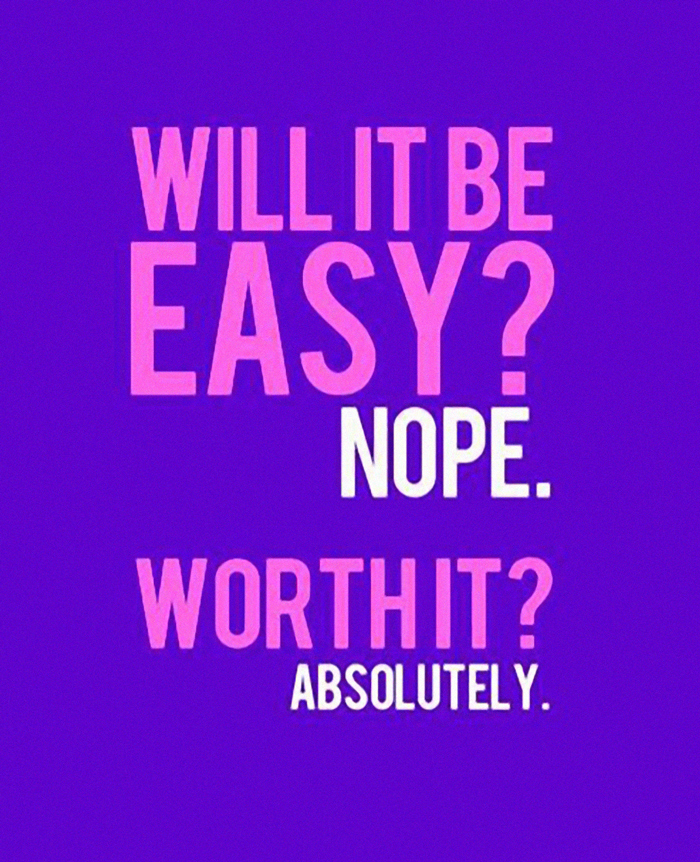As we approach the two-month benchmark of having been basically restricted to the confines of our homes, many are starting to waiver under the current conditions, be they ordered or suggested.
We can suppose the root cause of such questioning is positioned in the shadow of the fact that we have never had to deal with a situation quite likes this. Over almost 15 weeks, nearly 90,000 Americans have died from COVID-19. The truth behind the number of deaths in the U.S. can best be summed up by two ominous adjectives: horrific and heartbreaking.
Often considered a mundane mechanism of describing things, the statistics in this case are anything but. Here they represent a death toll almost 30 times more than the terrorist massacre of Sept. 11, 2001, and reflect a total that approaches double the combat casualties suffered in the Vietnam War—in just two months’ time. Another disturbing distinction is that 25 percent of worldwide coronavirus deaths have happened here on American soil. Focusing the same microscope on New York will provide further devastating truths about the city we love and live in. This is one epicenter distinction we certainly would have opted out of.
Carrying the mental, financial and emotional burdens and frustrations of this pandemic may just leave even a mythical Atlas feeling he had an easier time holding the heavens on his shoulders.
Still, a harder reality to face is that we are standing on sort of an imaginary cliff right now, postulating about which will weigh heavier on life as we know it: Potentially risking lives to boost the economy or risking the salvation of business to save lives. One thing is for certain; one or the other is at risk when we take steps to return to “normalcy.”
We are watching around the world to see what is happening in far-away lands that have reinstated their economies and relaxed restrictions. While we can learn from some of that, we must remember that here there is no national plan for reopening. Instead America has 50 governors steering their own ships.
One bright light that shines through the dark clouds surrounding reopening states is that recent research shows that nearly 75 percent of Americans think the best plan of action would be to continue to focus efforts on slowing the spread of the virus. Hopefully, that is a strong indication that most citizens will not go rushing back to life like lemmings to the sea.
We must fight off the urge to rush. We must appreciate the benefits of the stay at home period we are going through and start looking at the number of lives we saved instead of only focusing on those we lost. Numbers are dropping daily, and deaths are declining. But plunging into life as we knew it before is surely the main ingredient in a recipe for disaster.
We urge you to try and focus on that and the fact that we will win this battle over time. And speaking of time, we also urge you not to spend too much of it trying to figure why on earth the leader of the free world would tell his people that he is using a drug as a precaution against COVID-19 that the team of scientists he chose to lead us through this crisis recommend against using it. One thing is for sure:We have greater understanding of why SMH is such a popular text-message shorthand. In this case though, we feel it needs to be spelled out—shaking my head…

